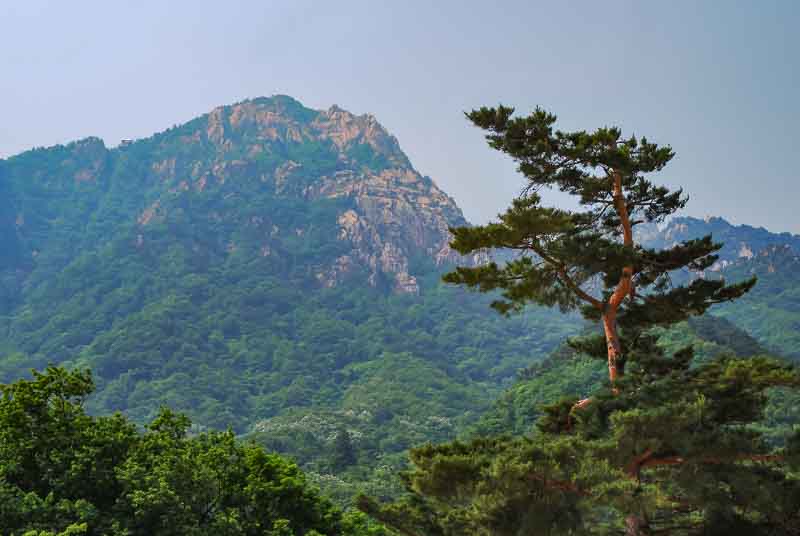By Alvin
Many people think that Buddhism is just a religion of superstition beliefs, while some think of it as a religion that is only about chanting and meditation. Some may even think of Buddhism as a belief that is only related to seeking good fortune or as something to turn only at times of death. Buddhism is commonly associated with people burning joss stick and incense papers, praying for lucky numbers, or monks chanting for the deceased at funerals, and others may think that Buddhism is a very passive religion. This is far from the truth as Buddhism is more than a religion. I understand it as beyond religion.
Why do I say so? For Buddhism actually teaches us how to attain blissfulness, enlightenment and wisdom. The words blissfulness, enlightenment or wisdom may sound like heavy words, but attaining more wisdom and being enlightened is not limited only to those who choose to be ordained as monks or nuns. Neither does it require us to retreat into a cave for decades of meditation as many may have perceived based on movies or period drama shows. Buddhist teachings can be easily applied in our daily lives for any circumstances or situations in an enlightened way in order to benefit ourselves while benefitting others.
The practice of Buddhism (学佛) is different from Buddhist Studies (佛学). Studying Buddhism is the acquiring of knowledge, but to be a Buddhist is to follow the footsteps of the Buddha and Bodhisattvas. It is not enough to only learn and understand the Buddhist concepts and teachings, for we also have to embrace them in our thinking and use them in our daily lives. Being selfless, constantly watching our thoughts, speech and actions, giving without any expectations for recognition and rewards, are some of the best examples I can think of that can guide us in our cultivation as Buddhists in our daily lives. Hence, I consider Buddhism as being more than a religion.
At the moment, I know that I have only just begun my practice of Buddhism, slowly increasing my wisdom. I shall quote a phrase shared by Jen Chen Dharma Teacher, Missionary Chen, “the journey is only considered far if you do not even start walking” (路不走才遥远). I consider myself lucky for having the opportunity to know the direction towards where I should start my journey. I do not think of myself as being religious but I am very grateful for having found a Buddhist Centre where I can based my Buddhist cultivation upon with readily available resources to guide my path to enlightenment.



